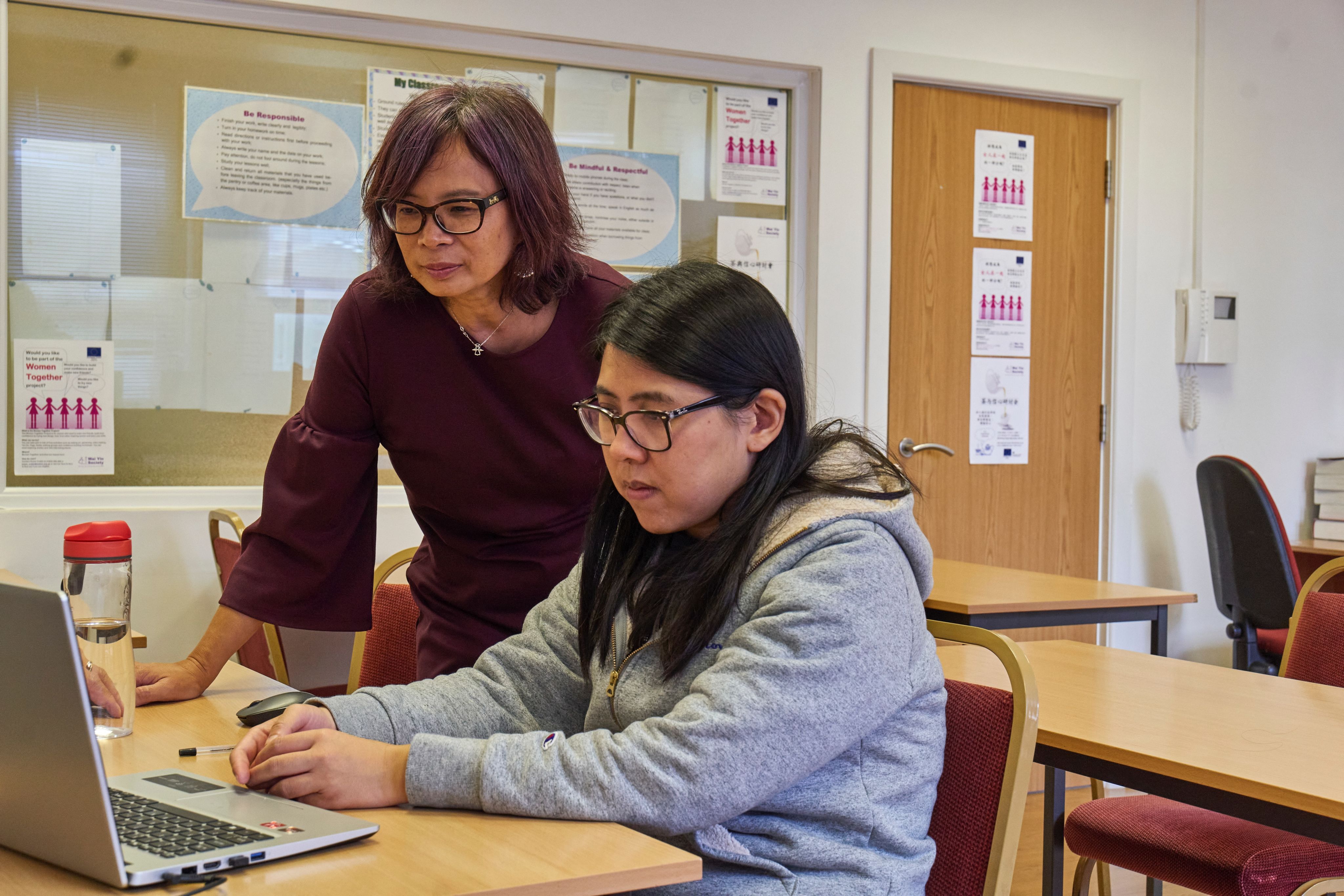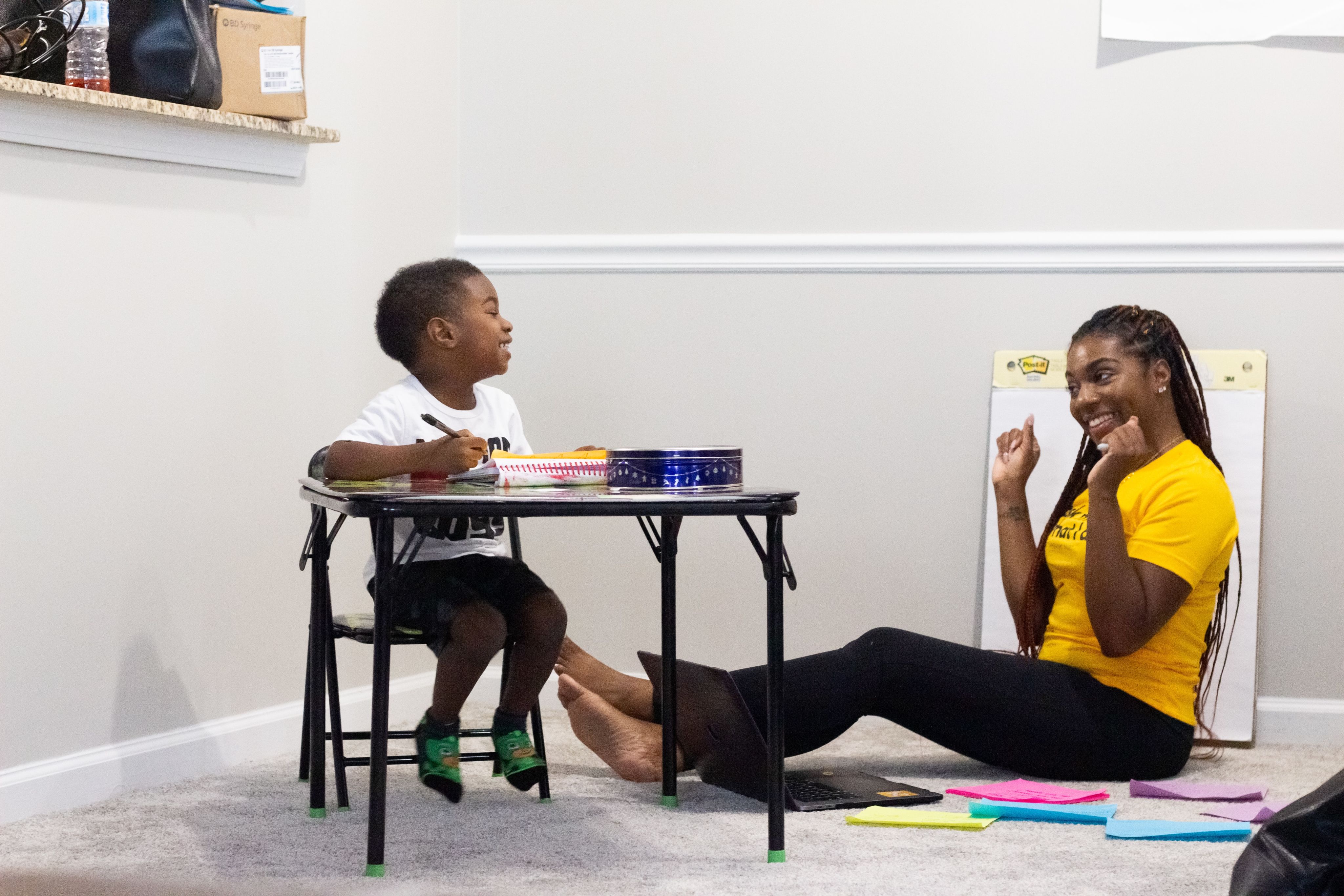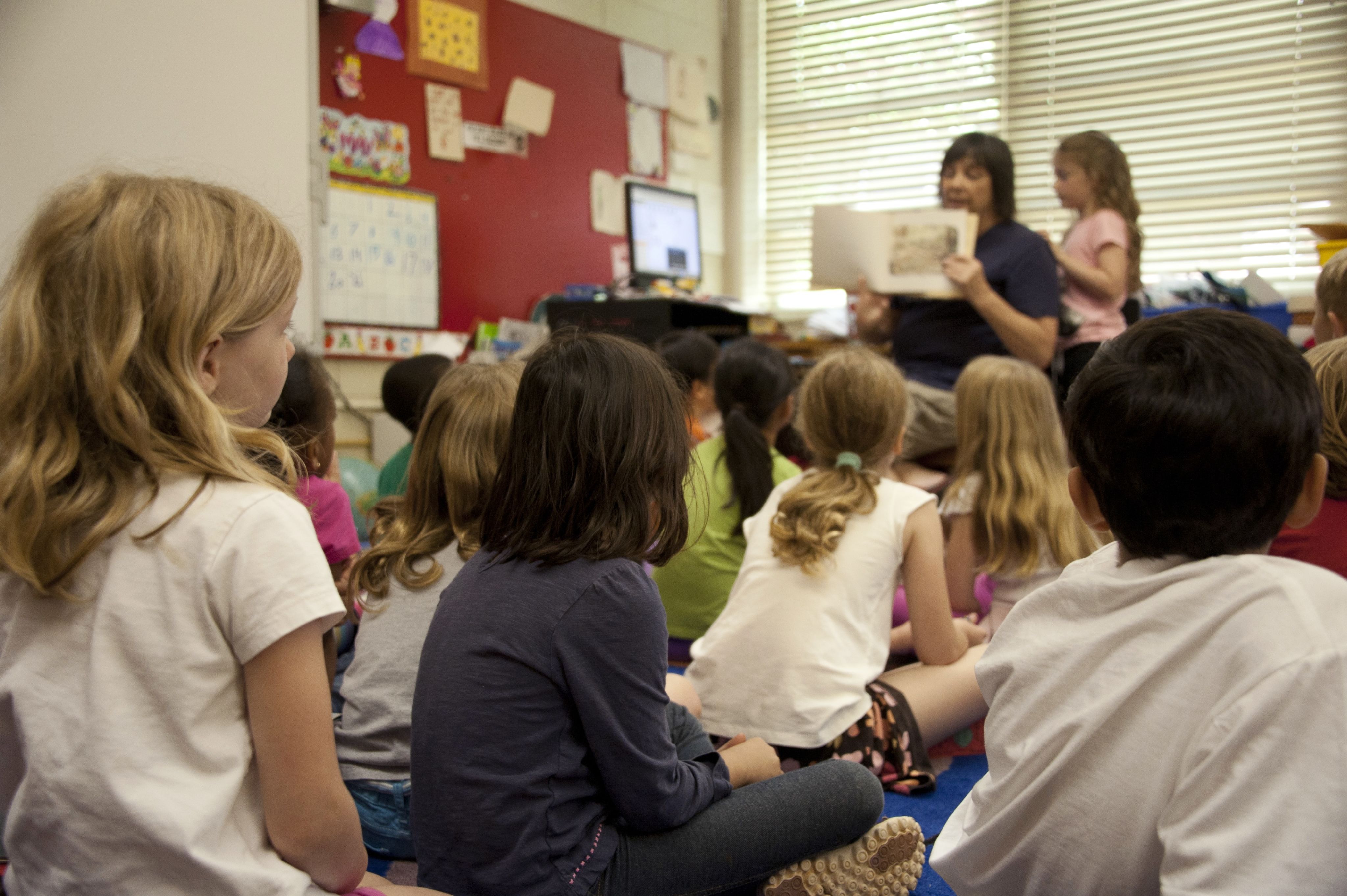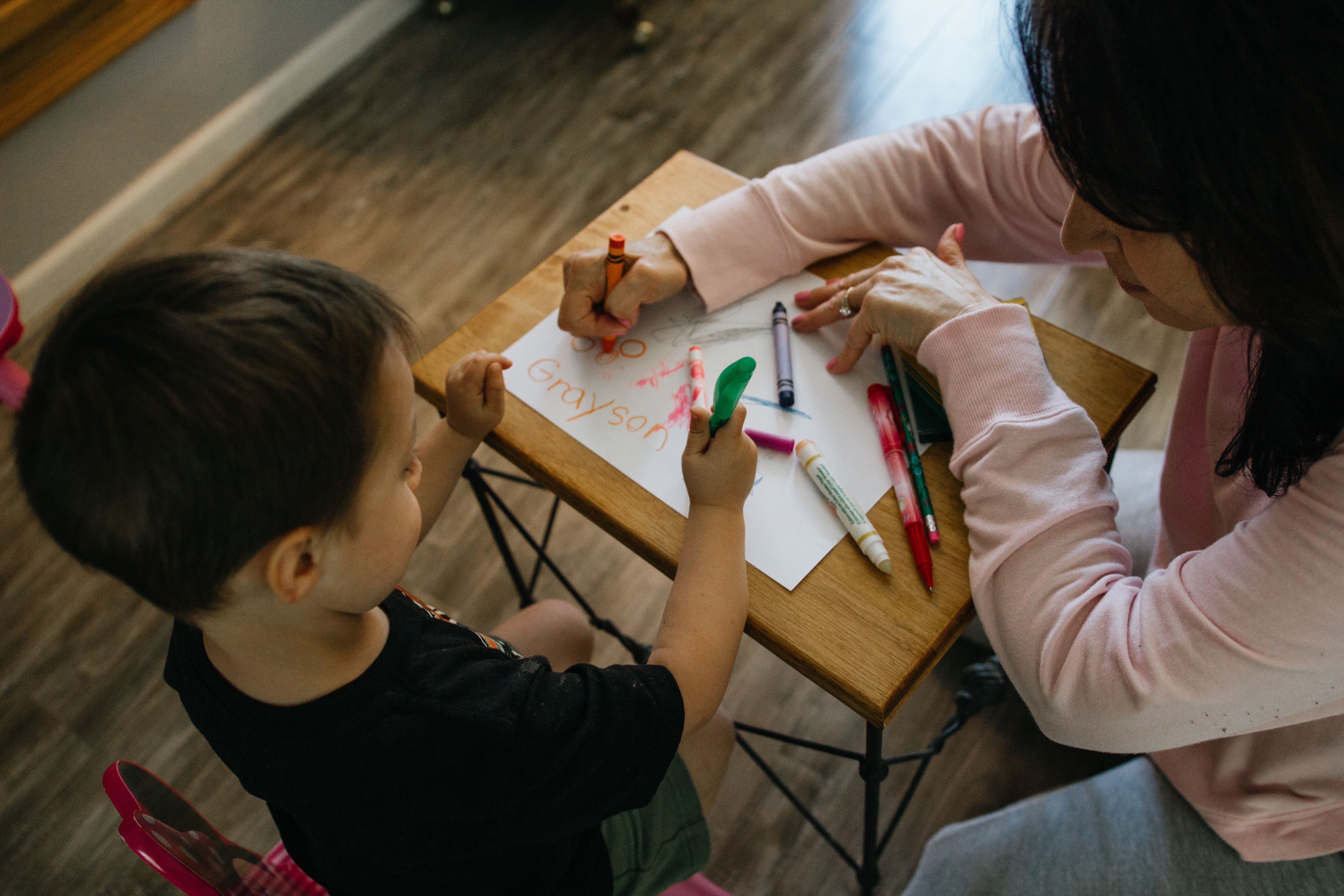Parents as Partners

First published in the Global School Leadership Magazine, CCE Finland, Issue No. 1, 21st April, 2022
How would you define 'parents as partners' for someone who is new to the topic?
As an educational researcher, I have observed the public’s tendency to romanticize the dynamic. I’ve frequently heard, “It’s all about relationships!” Yes, that can be true, but that assumption does not consider that relationships are not always positive, and have a lot of personal nuance that will determine the success of the relationship.
When the Covid-19 pandemic forced school closures back in 2020, the necessity for remote teaching placed parents in a role for which most were unprepared. We heard common laments both from parents and teachers such as, “Teachers are not helping,” or “Parents are not teachers.” The intrusion of schools into families’ spaces also created tension. Some parents gave up on school to save their family dynamics, and teachers might not have realized these trade-offs, making the assumption that apathy drove parents away.
In the nature of a 'parents-as-partners' relationship, we must remember that both parents and teachers may make assumptions about the other based on differing values and expectations, often through downright false information. The pandemic accentuated the distinction between informing parents and communicating with parents. It is important to communicate, rather than inform, as it opens the door to discussions and improvements.
Fair discussions about the shared responsibility between parents and teachers should be held, regarding the needs of their child, with whom you are working with. Parents can then communicate to teachers what they need to know, in order to be the best teachers they can be, outside of the classroom. While traditional practices such as parent-teacher conferences may continue to work for this, virtual conferencing may be more inviting, convenient, and effective.
Positive partnerships with parents have been shown in various studies, to improve children’s academic achievements, social competencies, and emotional well-being. It is not only about engaging in the life of the child in school, but also in changing our system so that all children have a chance for high quality education. A teachers’ authority differs from that of parents. Thus, while parents and teachers are part of the 'village' necessary to raise the child, they do not perform the same roles.



